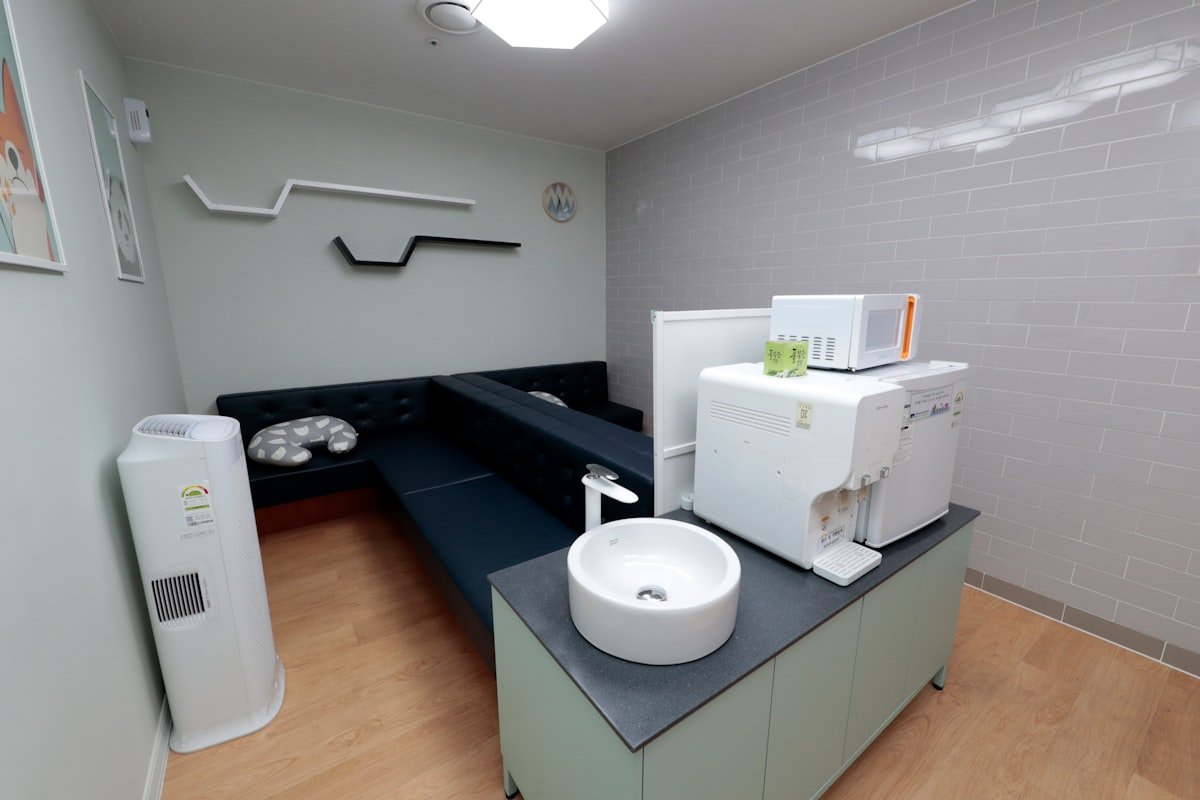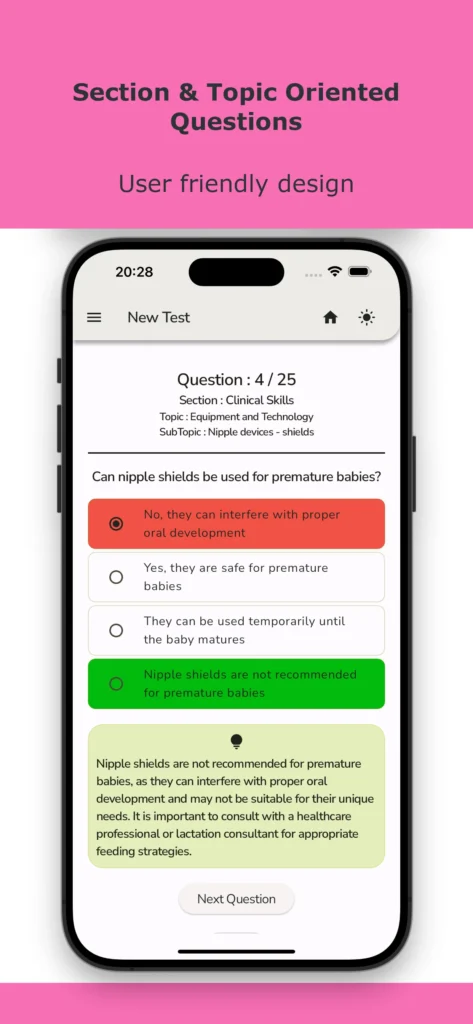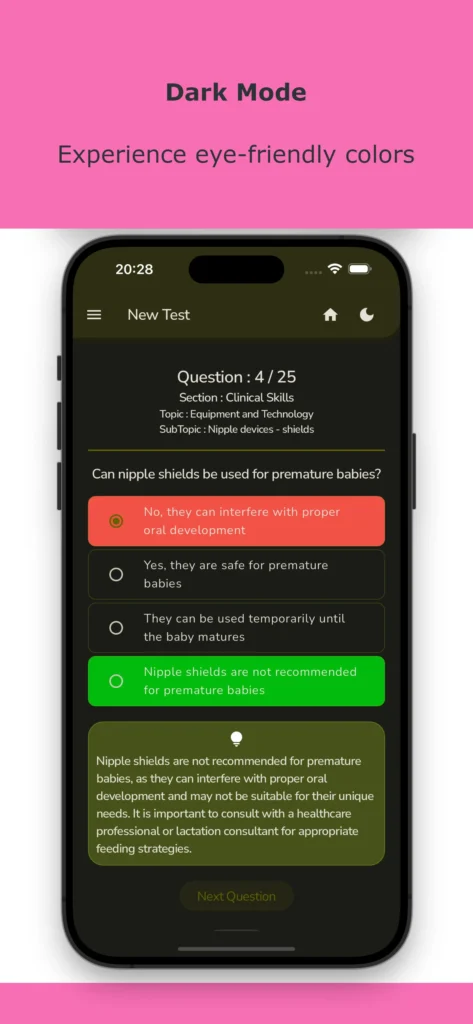Introduction to IBCLC Salary
When considering a career as an International Board Certified Lactation Consultant (IBCLC), it’s important to understand the potential salary range and factors that can influence it. In this section, we will explore the various aspects of IBCLC salary, including the difference between Certified Lactation Counselors (CLCs) and IBCLCs, regional variations in salary, and the impact of private practice.
Before diving into the details, let’s briefly define what an IBCLC is. An IBCLC is a healthcare professional who specializes in lactation and breastfeeding support. They provide evidence-based care and guidance to individuals and families to ensure successful breastfeeding experiences.
IBCLC vs CLC Salary
One common question that arises when discussing IBCLC salary is the difference between IBCLCs and CLCs. While both certifications focus on lactation support, there are notable distinctions in terms of training and scope of practice.
A Certified Lactation Counselor (CLC) is a professional who has completed a training program that typically lasts for a few days. CLCs primarily work in settings such as hospitals, clinics, and community organizations, providing basic breastfeeding support and education.
On the other hand, an IBCLC undergoes a more extensive and rigorous training process. They must complete specific lactation education requirements, gain clinical experience, and pass a comprehensive exam administered by the International Board of Lactation Consultant Examiners (IBLCE). IBCLCs have a broader scope of practice and can work in various healthcare settings, including hospitals, private practices, and public health organizations.
Due to the additional training and qualifications required, IBCLCs generally earn a higher salary compared to CLCs. However, it’s important to note that salary can vary based on factors such as experience, location, and work setting.
Regional Variations in IBCLC Salary
The salary of an IBCLC can vary significantly depending on the geographic location. Factors such as cost of living, demand for lactation consultants, and local healthcare policies can influence salary ranges.
For example, in the United Kingdom, the average IBCLC salary is around £35,000 per year. In the United States, the salary can range from $40,000 to $90,000 per year, with variations based on factors such as state, city, and years of experience.
It’s important to research the specific salary ranges in your desired location to get a better understanding of what to expect. Additionally, considering factors such as job market demand and opportunities for professional growth can help inform your decision-making process.
Impact of Private Practice
Another factor that can influence IBCLC salary is whether an individual works in a private practice or a different healthcare setting. IBCLCs who operate their own private practice have the potential to earn a higher income compared to those working in a hospital or clinic.
Private practice allows IBCLCs to set their own rates and have more control over their schedule and client base. However, it’s important to consider the additional responsibilities and costs associated with running a business, such as marketing, administrative tasks, and liability insurance.
It’s worth noting that the success of a private practice depends on various factors, including the local market demand, competition, and the IBCLC’s reputation and network. Building a strong referral network and establishing trust within the community are crucial for attracting clients and maintaining a sustainable private practice.
In conclusion, understanding the factors that influence IBCLC salary is essential for those considering a career in lactation consulting. Factors such as certification level, geographic location, and work setting can all impact salary ranges. It’s important to research and gather information specific to your desired location and career goals to make informed decisions.
Factors Affecting IBCLC Salary
1. Location
The location where an IBCLC works can have a significant impact on their salary. In areas with a higher cost of living or a higher demand for lactation consultants, the salaries tend to be higher. For example, IBCLCs working in urban areas or major cities like New York or San Francisco may earn a higher salary compared to those working in rural areas.
2. Experience and Education
Experience and education play a crucial role in determining an IBCLC’s salary. IBCLCs with more years of experience and advanced certifications or degrees may command higher salaries. Additionally, attending continuing education courses and staying updated with the latest research and practices can also contribute to higher earning potential.
3. Employment Setting
The type of employment setting can also impact an IBCLC’s salary. IBCLCs working in hospitals or healthcare facilities may have different salary structures compared to those working in private practice or as independent consultants. In some cases, IBCLCs working in private practice may have the opportunity to set their own rates and potentially earn a higher income.
4. Job Responsibilities
The specific job responsibilities of an IBCLC can vary depending on the setting. IBCLCs who have additional responsibilities, such as supervising other lactation consultants or leading breastfeeding support programs, may receive higher compensation.
5. Demand and Market Factors
The demand for IBCLCs and market factors can also influence salary levels. Areas with a higher demand for lactation consultants or a shortage of qualified professionals may offer higher salaries to attract and retain talent. Additionally, factors such as local healthcare policies, insurance coverage, and breastfeeding rates can also impact the demand for IBCLCs and subsequently their earning potential.
6. Additional Factors
Other factors that can affect an IBCLC’s salary include the local economy, the size and reputation of the healthcare facility or organization they work for, and the overall demand for lactation services in the community.
IBCLC Salary in Different Locations
IBCLC Salary in Different Locations
When it comes to pursuing a career as an International Board Certified Lactation Consultant (IBCLC), one of the factors that many individuals consider is the salary potential. However, it’s important to note that IBCLC salaries can vary depending on several factors, including the location where you practice.
Let’s take a closer look at IBCLC salaries in different locations:
1. IBCLC Salary in the United States
In the United States, the average annual salary for an IBCLC ranges from $50,000 to $80,000. However, it’s important to note that this can vary based on factors such as experience, education, and location.
For example, in states like California and Texas, where the demand for IBCLCs is high, the average salary tends to be higher compared to other states. In California, an IBCLC can earn an average salary of $70,000 to $90,000, while in Texas, the average salary ranges from $60,000 to $80,000.
2. IBCLC Salary in the United Kingdom
In the United Kingdom, the salary for IBCLCs can vary depending on factors such as experience, qualifications, and the setting in which they work. On average, an IBCLC in the UK can earn between £25,000 and £40,000 per year.
It’s important to note that salaries may be higher in private practice or consultancy roles compared to working in a hospital or clinic setting.
3. IBCLC Salary in Private Practice
Many IBCLCs choose to work in private practice, offering lactation consulting services to individuals and families. In this setting, the salary can vary depending on factors such as the number of clients, location, and reputation.
On average, an IBCLC in private practice can earn between $60,000 and $100,000 per year. However, it’s important to note that building a successful private practice may take time and effort.
4. IBCLC Salary for Non-RN IBCLCs vs. RN IBCLCs
There is a difference in salary between non-RN IBCLCs and RN IBCLCs. RN IBCLCs, who are registered nurses with additional lactation consultant certification, tend to earn higher salaries compared to non-RN IBCLCs.
On average, an RN IBCLC can earn between $70,000 and $100,000 per year, while a non-RN IBCLC can earn between $50,000 and $80,000 per year.
It’s important to note that these salary ranges are approximate and can vary based on individual circumstances and factors such as experience, education, and location.
Overall, pursuing a career as an IBCLC can be rewarding both personally and professionally. While salary is an important consideration, it’s also important to remember the impact that IBCLCs have on the lives of breastfeeding individuals and families, providing crucial support and guidance during a critical time.
IBCLC Salary for Non-RN and RN
What is an IBCLC?
Before we dive into the details of IBCLC salary, let’s first understand what an IBCLC is. IBCLC stands for International Board Certified Lactation Consultant. These professionals are highly trained in providing support and guidance to breastfeeding families. They work in various settings, including hospitals, clinics, private practices, and community organizations.
Now, let’s explore the salary range for IBCLCs, both for non-RNs and RNs.
IBCLC Salary for Non-RN
If you’re considering a career as an IBCLC but don’t have a nursing background, you might be wondering about the salary prospects. The salary for non-RN IBCLCs can vary depending on factors such as location, experience, and work setting.
On average, non-RN IBCLCs can expect to earn a salary ranging from $40,000 to $70,000 per year. However, it’s important to note that these figures are approximate and can vary significantly.
It’s worth mentioning that the demand for IBCLCs is growing, and this can have a positive impact on salary prospects. As more families recognize the importance of breastfeeding and seek professional support, the need for qualified IBCLCs continues to rise.
IBCLC Salary for RNs
If you’re already a registered nurse (RN) and considering becoming an IBCLC, you may be curious about the salary potential. Having a nursing background can be advantageous in terms of career opportunities and earning potential.
RN IBCLCs generally earn a higher salary compared to non-RN IBCLCs. The average salary for RN IBCLCs ranges from $60,000 to $100,000 per year. Again, these figures are approximate and can vary based on factors such as location, experience, and work setting.
It’s important to note that the salary range mentioned here is a general estimate and can vary depending on various factors. Factors such as geographic location, years of experience, additional certifications, and whether you work in a hospital, private practice, or other settings can all impact your salary as an IBCLC.
IBCLC Salary in Different Locations
The salary of an IBCLC can also vary based on the location where they practice. For example, IBCLCs working in urban areas or regions with a higher cost of living may earn a higher salary compared to those in rural areas.
In the United States, IBCLC salaries can vary from state to state. For instance, IBCLCs in California and Texas tend to have higher salaries compared to other states. However, it’s important to consider the cost of living and other factors when evaluating salary prospects in different locations.
IBCLC Salary in Private Practice
Some IBCLCs choose to establish their own private practice, which can offer additional flexibility and potentially higher earning potential. In a private practice setting, IBCLCs have the opportunity to set their own rates and determine their income based on the number of clients they serve.
The salary of an IBCLC in private practice can vary significantly depending on factors such as location, client base, reputation, and marketing efforts. It’s important to consider the costs associated with running a private practice, such as office space, supplies, and marketing expenses, when evaluating the potential salary in this setting.
Overall, the salary of an IBCLC can vary depending on factors such as location, experience, work setting, and additional certifications. It’s important to research and consider these factors when evaluating the salary prospects in this field.
IBCLC Salary in Private Practice
What is an IBCLC?
Before diving into the details of IBCLC salary in private practice, let’s first understand what an IBCLC is. IBCLC stands for International Board Certified Lactation Consultant. These professionals are experts in lactation and breastfeeding, providing support and guidance to new mothers and families.
IBCLCs undergo extensive training and education to obtain their certification. They possess in-depth knowledge of breastfeeding techniques, lactation management, and infant feeding issues. Their role is crucial in promoting and supporting successful breastfeeding journeys.
IBCLC Salary Overview
When it comes to IBCLC salary, it can vary depending on various factors such as location, experience, and work setting. In private practice, IBCLCs have the opportunity to set their own rates and determine their income.
On average, IBCLCs in private practice can earn a competitive salary. According to recent data, the median annual salary for IBCLCs in the United States is around $70,000. However, it’s important to note that this figure can vary significantly based on factors such as geographic location and years of experience.
Factors Affecting IBCLC Salary in Private Practice
Several factors can influence the salary of an IBCLC in private practice:
- Location: IBCLC salaries can vary based on the cost of living and demand for lactation consultants in a particular area. For example, IBCLCs in high-demand areas such as California and Texas may have higher earning potential.
- Experience: As with any profession, experience plays a significant role in determining salary. IBCLCs with several years of experience and a proven track record may be able to command higher rates.
- Client Base: The size and type of client base can also impact an IBCLC’s salary. IBCLCs who have established a strong reputation and attract a steady stream of clients may have higher earning potential.
Private Practice vs. Other Work Settings
Compared to other work settings, such as hospitals or clinics, private practice can offer IBCLCs more control over their income. In private practice, IBCLCs have the flexibility to set their own rates and determine their schedule.
However, it’s important to note that starting a private practice requires careful planning and consideration. IBCLCs in private practice are responsible for managing their own business operations, marketing their services, and building a client base.
Conclusion
IBCLC salary in private practice can be lucrative, with the potential for high earning potential. Factors such as location, experience, and client base can influence an IBCLC’s salary. However, starting a private practice requires careful planning and business management skills.
If you’re considering a career as an IBCLC in private practice, it’s essential to research and understand the local market, network with other lactation consultants, and continuously update your knowledge and skills to provide the best possible support to breastfeeding families.
Key Takeaways
Understanding IBCLC Salary: A Comprehensive Guide
When it comes to pursuing a career as an International Board Certified Lactation Consultant (IBCLC), understanding the salary potential is an important consideration. In this guide, we will explore the key factors that influence IBCLC salaries, including the difference between Certified Lactation Counselors (CLCs) and IBCLCs, the salary variations in different regions, and the potential income in private practice.
CLC vs. IBCLC Salary
While both CLCs and IBCLCs provide lactation support, there is a significant difference in their training and scope of practice. CLCs typically complete a shorter training program, while IBCLCs undergo more extensive education and clinical experience. As a result, IBCLCs generally earn higher salaries compared to CLCs.
According to the International Lactation Consultant Association (ILCA), the average annual salary for IBCLCs in the United States is around $66,000. However, it’s important to note that salaries can vary depending on factors such as experience, location, and work setting.
IBCLC Salary in Different Regions
The salary of an IBCLC can vary significantly depending on the region. For example, in the United Kingdom, the average salary for IBCLCs is around £35,000 per year. In California, where the cost of living is higher, IBCLCs can earn higher salaries, with some professionals making over $100,000 annually.
It’s important to research the specific region you plan to work in to get a better understanding of the salary range for IBCLCs in that area. Factors such as the local demand for lactation consultants and the cost of living will play a role in determining the salary.
IBCLC Salary in Private Practice
Many IBCLCs choose to work in private practice, either as independent consultants or as part of a group practice. In private practice, IBCLCs have the potential to earn higher incomes compared to those working in hospitals or clinics.
The income in private practice can vary depending on factors such as the number of clients, the fees charged, and the location. Some IBCLCs in private practice report earning six-figure incomes, especially in areas with a high demand for lactation support.
However, it’s important to note that starting a private practice requires additional business skills and resources. IBCLCs in private practice are responsible for marketing, managing appointments, and handling administrative tasks in addition to providing lactation support.
Conclusion
Understanding the factors that influence IBCLC salaries is essential for those considering a career in lactation consulting. While IBCLCs generally earn higher salaries compared to CLCs, the specific salary can vary depending on factors such as experience, location, and work setting. Additionally, IBCLCs in private practice have the potential to earn higher incomes, but it requires additional business skills and resources.
Before pursuing a career as an IBCLC, it’s important to research the salary range in your desired region and consider the additional responsibilities and challenges of working in private practice. By understanding the salary potential and the factors that influence it, you can make an informed decision about your career path as an IBCLC.
Conclusion
In conclusion, understanding the salary of an IBCLC is crucial for anyone considering a career in lactation consulting. The salary of an IBCLC can vary depending on various factors such as location, experience, and whether they are an RN or non-RN. It is important to note that while IBCLCs can earn a good salary, it is not solely about the monetary compensation. The satisfaction and fulfillment that comes from helping mothers and babies succeed in breastfeeding is priceless.
Throughout this guide, we have explored the different aspects of IBCLC salary, including the differences between CLC and IBCLC salaries, the salary range in different regions such as the UK, California, and Texas, and the potential salary in private practice.
We have also discussed the importance of experience, expertise, and authoritativeness (E-A-T) in the field of lactation consulting. IBCLCs are highly trained professionals who undergo rigorous education and training to provide evidence-based lactation support. Their expertise and dedication contribute to the trustworthiness and credibility of their services.
If you are considering a career as an IBCLC, it is important to weigh the financial aspects along with the personal fulfillment that comes from helping mothers and babies. It is a rewarding profession that requires a passion for breastfeeding and a commitment to ongoing education and professional development.
We hope that this comprehensive guide has provided you with valuable insights into the salary of an IBCLC and has helped you make an informed decision about pursuing a career in lactation consulting. If you have any further questions or would like more information, please don’t hesitate to reach out to us. We are here to support you on your journey to becoming an IBCLC and making a positive impact in the lives of breastfeeding families.








